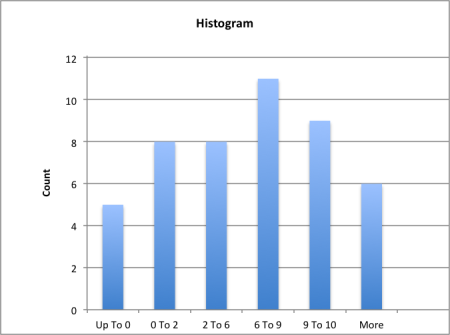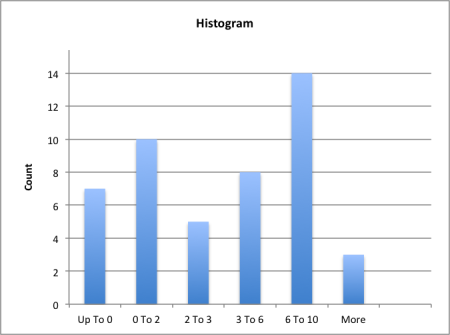Grading is an intellectually and morally challenging process. A task that will affect how people are judged in the future and what their life prospects will be isn’t simply a commercial transaction, even if grading is your job.
No single essay or exam grade determines how a student’s transcript ends up, or what consequences that has for their life. There is some comfort in knowing that if a bunch of well-meaning people grade a series of efforts over several years with decent methodologies and all make small errors, there is reason to hope hope that the aggregate result will be basically accurate.
Nonetheless, it is challenging to be presented with a succession of analyses which vary across multiple axes (quality of argument, quality of writing, theoretical stance, use of references, etc) and then try to rank the set in a way that is fair and justifiable.
It’s certainly the case that people approach grading with different philosophies. For instance, I know some TAs attribute importance to whose paper they are looking at, and the history of their interaction with that person. Does this represent a lot of effort on the part of the author, based on everything you know? How does it fit into a general pattern of effort?
Personally, I think it is fairer and more justifiable to ignore the author to the maximum possible extent. I would prefer if papers bore student numbers only, to avoid the bias that necessarily accompanies name recognition (or recognition that the author of a paper has never attended a tutorial).
I spend a lot of time hand writing comments and corrections on every paper I grade, despite knowing that only a small fraction of students ever collect them. Next year, I will suggest to the professor who I am TAing for that they include the following in the syllabus: one week after essay grades are posted, your papers will be available for pickup. Papers which are not collected will have 5% deducted from the grade.


